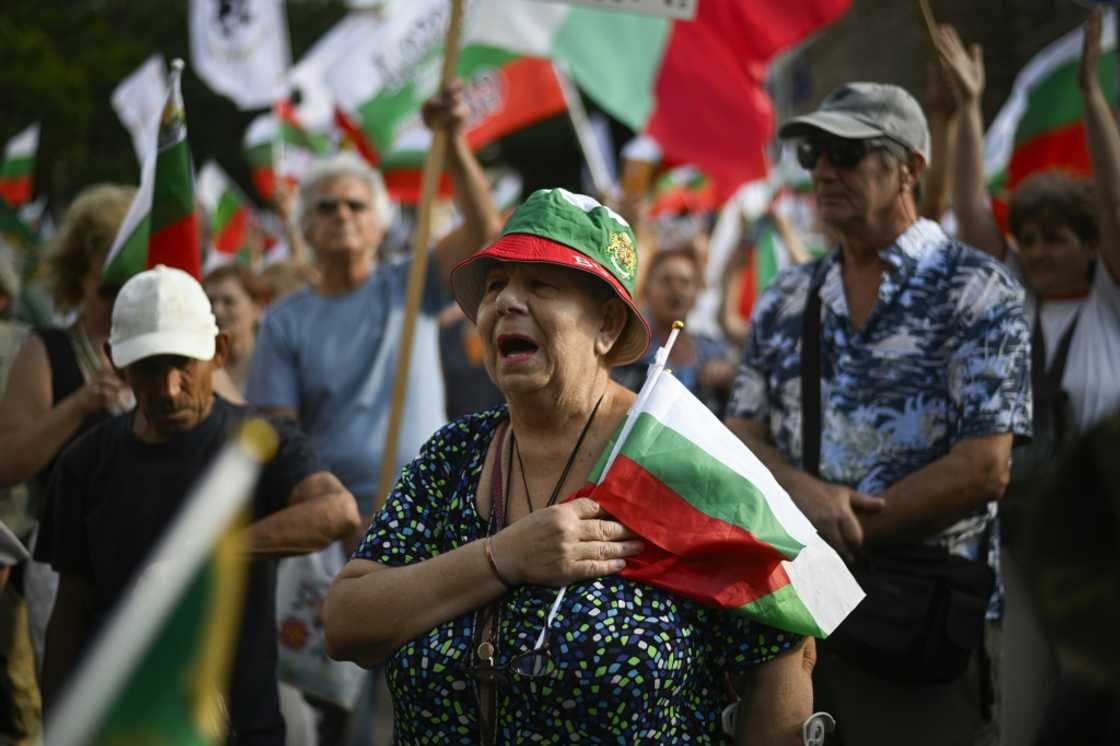Bulgaria to get final green light to adopt euro in 2026

Source: AFP
EU ministers are set to give the final green light on Tuesday for Bulgaria to adopt the euro on January 1, 2026, when the country would become the single currency area's 21st member.
The European Commission last month said The EU's poorest country had fulfilled the strict conditions to adopt the euro, while the European Central Bank (ECB) also gave a positive opinion.
Bulgaria's switch from the lev to the euro next year will come 19 years after the country of 6.4 million people joined the European Union.
Bulgaria's journey to joining the eurozone has had a stormy political backdrop with seven elections in three years -- the last in October 2024.
Its bid will be formally approved by EU finance ministers meeting in Brussels once they adopt the legal texts necessary for the historic move.
But many Bulgarians are against switching to the euro over worries it will lead to a rise in the cost of living.
Protests took place before and after the commission's decision, while surveys in the lead up showed nearly half of those asked are opposed to adopting the euro.
Proponents in Bulgaria believe the move will help improve Bulgaria's economy and citizens' lives.
The green light comes as the euro has been gaining in value against the US dollar as President Donald Trump's protectionist trade policies shake trust in the US currency.
ECB chief Christine Lagarde in May made a pitch for the euro as a global reserve currency, saying increasing the currency's international role would offer advantages for the EU including lower borrowing costs for the bloc's member states.
Euro club gets bigger
Only 12 countries were part of the single currency area -- including France, Germany, Italy, Spain, and Greece -- when the first euro bills and coins were rolled out on January 1, 2002.
It gradually widened with Slovenia joining in 2007, Cyprus and Malta in 2008, Slovakia in 2009, Estonia in 2011, Latvia in 2014 then Lithuania in 2015.
Croatia was the last country to join in 2023, bringing the total to 20.
Bulgaria wanted to adopt the euro sooner but Brussels judged its inflation was too high to meet the necessary criteria.
EU states that want to join the single currency must demonstrate that their economy has converged with other eurozone countries and that they have their finances under control.
The conditions include holding inflation to no more than 1.5 percentage points higher than the rate of the three best-performing EU countries.
When Brussels gave its backing in June, it said Bulgaria's average inflation rate during the 12 months to April 2025 was 2.7 percent, just below the reference value.
Source: AFP



